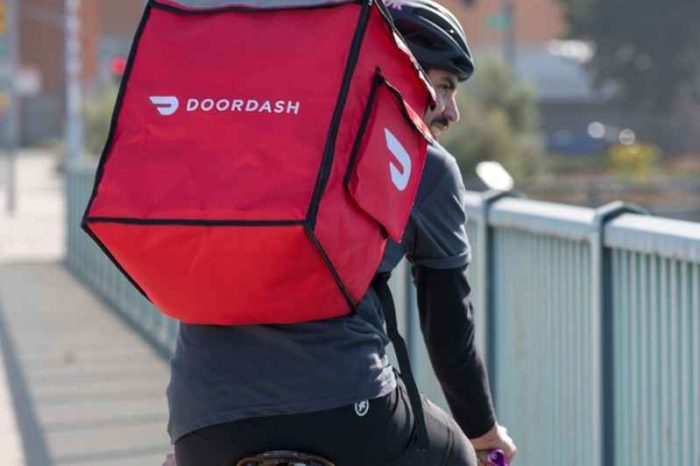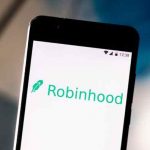A 20-year old student dies by suicide after thinking he had $730,000 negative balance on the free-trading app Robinhood

Alexander E. Kearns, a 20-year-old stock trader who said he lost hundreds of thousands of dollars on the free-trading app, took his own life. According to his family, Alex Kerns, a student at the University of Nebraska, died by suicide this month after he saw a negative cash balance of $730,165 in his free-trading app Robinhood account.
In a note, Alex Kearns blamed Robinhood for allowing him to take on the risk. According, Alex may have misunderstood the Robinhood financial statement, according to a relative. The circumstance surrounding Kearns’ tragic death was published in a Wednesday-released Forbes report from Sergei Klebnikov and Antoine Gara, who also pointed out that the negative cash balance (displayed in red on the account) “may not have represented uncollateralized indebtedness at all.”
Alex Kearns left an ominous message on a small yellow sticky note on his bedroom door saying to turn on the computer. His father, Daniel Kearns, powered up his son’s laptop in their home in Naperville, Ilinois. Within seconds, a four-paragraph letter flashed on the screen. “If you’re reading this, then I am dead,” the note started.
It was less than 24 hours after Alex had checked his account at the wildly popular trading app, Robinhood. In his note, he said he thought he had quickly racked up a negative $730,165 cash balance. But Alex may have misunderstood the Robinhood financial statement, according to a relative.
“All of us at Robinhood are deeply saddened to hear this terrible news and we reached out to share our condolences with the family over the weekend,” a Robinhood rep said in a statement, adding that information regarding Kearns’ account could not be made public at this time for privacy reasons.
https://twitter.com/arianaescobar/status/1273630117709914112
“He thought he was exposed, he thought that ending his life would protect his family from the exposure,” Bill Brewster, a cousin by marriage and an analyst at Sullimar Capital, told CNBC in a phone interview. “He got on his bike and never came home.”
This is still really raw and I have more questions than answers. But, it’s very important and intersects with what I speak about here. Hopefully my family’s tragedy can help another family avoid tragedy.
— Bill Brewster (@BillBrewsterTBB) June 13, 2020




